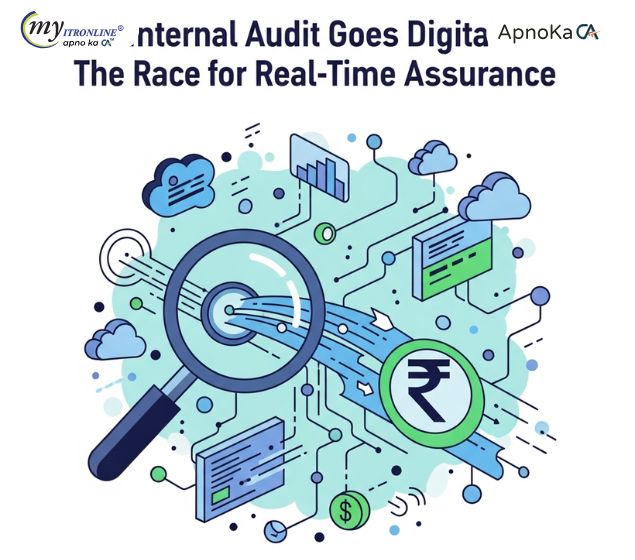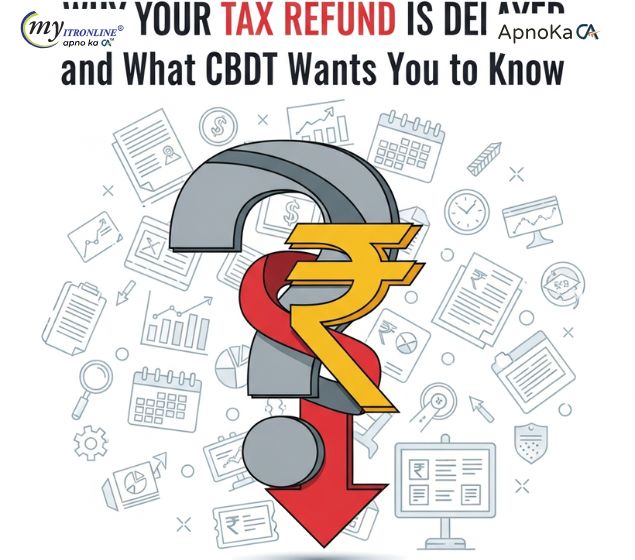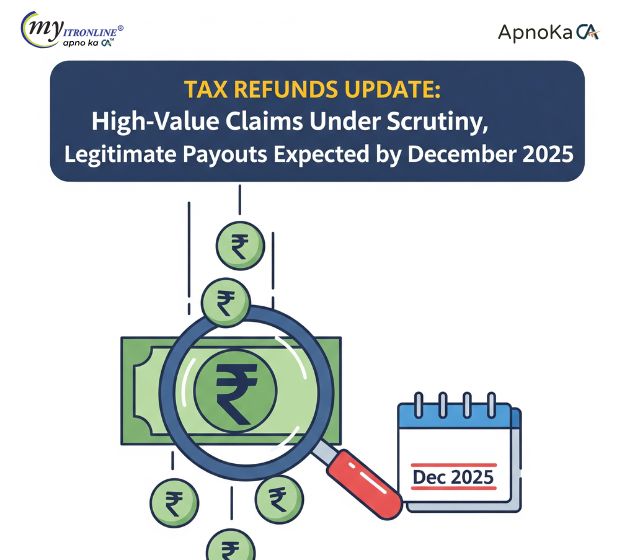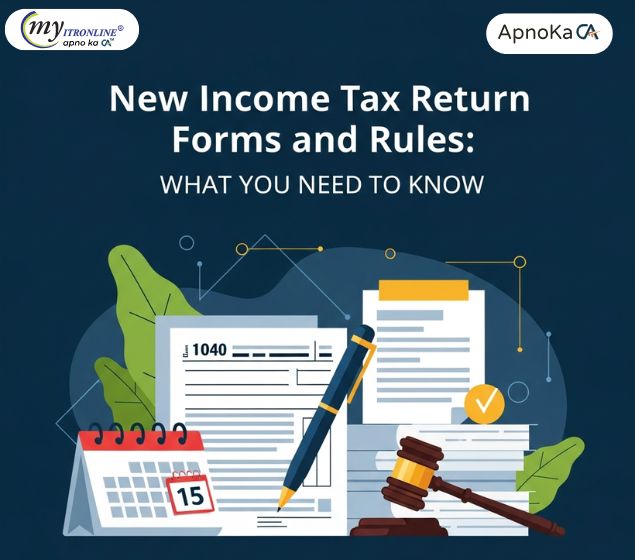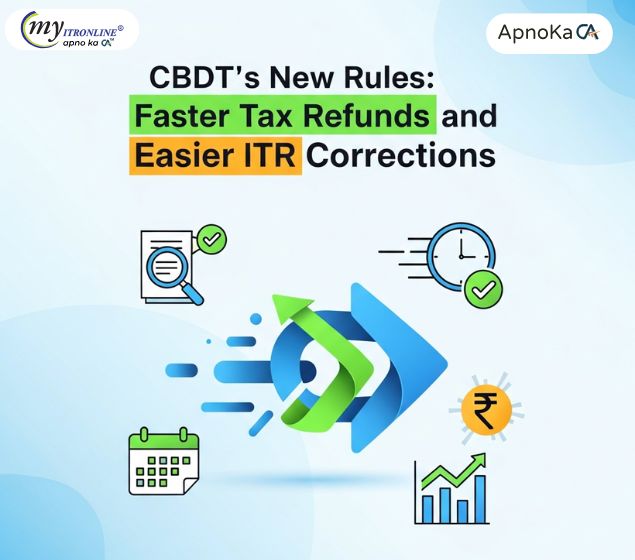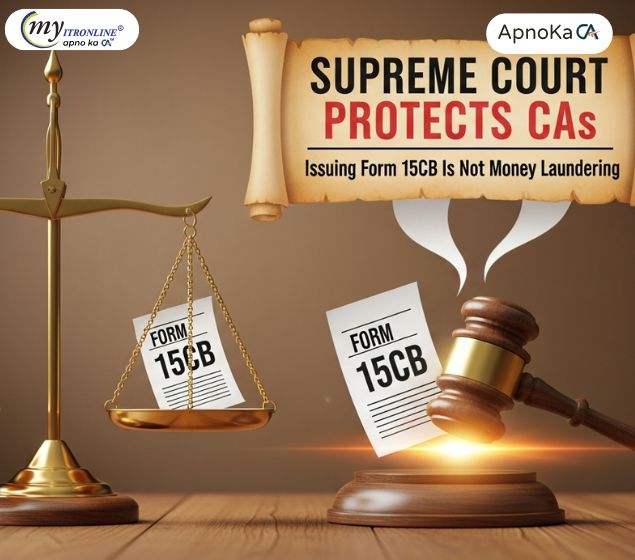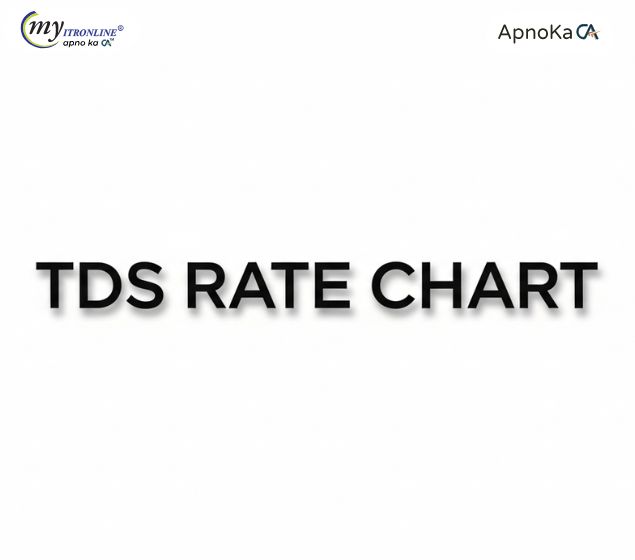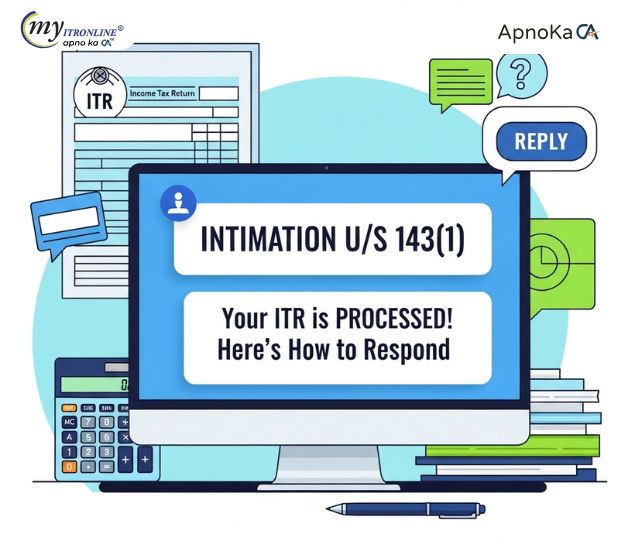Getting Around Section 158AB's Complexities: A Complete Guide
This blog post offers a thorough explanation of Income Tax Act Section 158AB, a significant clause that gives taxpayers the ability to get preliminary decisions on controversial tax issues. The blog provides an explanation of Section 158AB's goals, application, process, consequences, and restrictions. It also emphasizes how these rulings are provided by the Authority for Advance Rulings (AAR). Taxpayers can reduce the likelihood of conflicts and successfully navigate the intricacies of the Indian income tax system by being aware of Section 158AB.
.png )
A Comprehensive Guide to Section 158AB of the Income Tax Act
Introduction
In the complex realm of income taxation, disputes between taxpayers and the income tax authorities are not uncommon. Section 158AB of the Income Tax Act, 1961, was introduced to streamline the resolution of such conflicts by providing a framework for preliminary decisions on contentious income-related matters. This section aims to enhance clarity, transparency, and efficiency in the tax compliance process, benefiting both taxpayers and the tax administration.
Understanding Section 158AB
Purpose
The primary objective of Section 158AB is to offer taxpayers a mechanism to seek pre-assessment rulings on specific tax issues. By providing an avenue for early resolution of disputes, this section helps to reduce litigation and ensure consistent application of tax laws.
Scope and Applicability
Section 158AB covers all taxpayers who have been subject to an income inquiry, assessment, or dispute. This includes:
- Individuals
- Partnerships
- Companies
- Hindu Undivided Families (HUFs)
Types of Income Covered
The section applies to a wide range of income types, including:
- Business income
- Capital gains
- Income from other sources
Authority for Advance Rulings (AAR)
The AAR is a quasi-judicial body established to provide advance rulings on tax matters. It plays a crucial role in the effective functioning of Section 158AB.
- Composition: The AAR typically consists of former High Court judges and tax experts, ensuring that its decisions are based on sound legal principles and tax practices.
Procedure for Applying Under Section 158AB
- Filing an Application: Taxpayers must submit a formal application to the AAR, providing details of the transaction or income in question and supporting documents.
- Preliminary Scrutiny: The AAR conducts a preliminary review to ensure that the application meets the prescribed requirements.
- Hearing: If the application is accepted, a hearing is scheduled where the taxpayer and the income tax authorities can present their arguments and evidence.
- Issuance of Ruling: The AAR issues a binding decision on the matter, which must be followed by both the taxpayer and the tax authorities.
Implications of Section 158AB
- Reduced Litigation: Section 158AB helps to minimize legal disputes by providing a platform for early resolution of tax disputes.
- Enhanced Compliance: By offering clarity on tax matters, the section promotes voluntary compliance among taxpayers.
- Improved Efficiency: It streamlines the tax administration process by reducing the burden of litigating disputes.
- Consistency in Tax Treatment: The AAR's rulings can help ensure consistent application of tax laws across different cases.
Limitations of Section 158AB
- Binding Nature: The AAR's ruling is binding only on the specific taxpayer and the relevant tax authorities. It does not set a precedent for future cases.
- Scope of Application: Certain matters, such as those involving willful tax evasion or transactions that are clearly outside the scope of the Income Tax Act, may not be covered under Section 158AB.
- Complexity of Application: The process of filing an application and preparing for a hearing can be complex and time-consuming.
Conclusion
Section 158AB is a valuable tool for taxpayers seeking clarity on complex tax matters. By providing a mechanism for advance rulings, the section helps to reduce litigation, enhance compliance, and improve the overall efficiency of the tax administration system. While it has certain limitations, Section 158AB remains an essential provision for taxpayers and tax professionals alike.
FILING YOUR INCOME TAX RETURN F.Y 2024-25 (A.Y. 2025-2026) WITH MYITRONLINE
The income tax filing deadline is right around the corner. If you haven’t filed yet, do it today with Myitronline! Avoid last minute rush and file your tax return today on MYITRONLINE in Just 5 mins.(www.myitronline.com)
If you are looking for eCA assistance to file your income tax return/ GST, you can opt for MYITRONLINE eCA assisted plan starting
Upload Salary Individual Form-16
If you have any questions with filing your tax return, please reply to this mail. info@myitronline.com OR call 9971055886,8130309886.
Note-All the aforementioned information in the article is taken from authentic resources and has been published after moderation. Any change in the information other than fact must be believed as a human error. For queries mail us at marketing@myitronline.com
Krishna Gopal Varshney
An editor at apnokacaKrishna Gopal Varshney, Founder & CEO of Myitronline Global Services Private Limited at Delhi. A dedicated and tireless Expert Service Provider for the clients seeking tax filing assistance and all other essential requirements associated with Business/Professional establishment. Connect to us and let us give the Best Support to make you a Success. Visit our website for latest Business News and IT Updates.
Leave a reply
Your email address will not be published. Required fields are marked *Share this article
Krishna Gopal Varshney, Founder & CEO of Myitronline Global Services Private Limited at Delhi. A dedicated and tireless Expert Service Provider for the clients seeking tax filing assistance and all other essential requirements associated with Business/Professional establishment. Connect to us and let us give the Best Support to make you a Success. Visit our website for latest Business News and IT Updates.
View articles









